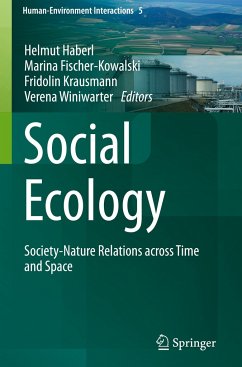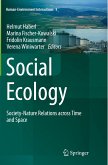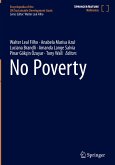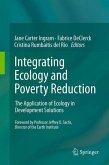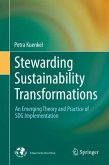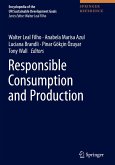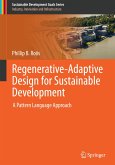This book presents the current state of the art in Social Ecology as practiced by the Vienna School of Social Ecology, globally one of the main research groups in this field. As a significant contribution to the growing literature on interdisciplinary sustainability studies, the book introduces the purpose and nature of Social Ecology and then places the "Vienna School" within the broader context of socioecological and other interdisciplinary environmental approaches. The conceptual and methodological foundations of Social Ecology are discussed in detail, allowing the reader to obtain a broad overview of current socioecological thinking. Issues covered include socio-metabolic transitions, socioecological approaches to land use, the relation between actor-centered and system approaches, a socioecological theory of labor and the importance of legacies, as conceived in Environmental History and in Long-Term Socio-Ecological Research. To underpin this overview empirically, the strengths of socioecological research are elucidated in cases of cutting-edge research, introducing a variety of themes the Vienna School has been tackling empirically over the past years. Given how the field is presented - reflecting research carried out on different scales, reaching from local to global as well as from past to present and future - and due to the way the book is structured, it is suitable for classroom use, as a primer, and also as an overview of how Social Ecology evolved, right up to its current research frontiers.
"Highly recommendable for environmental historians. ... An innovative feature of the book are the so-called Method Precis lessons. These insertions provide in-depth studies of several empirical approaches and explain the applied methods in a comprehensive manner, making a twofold contribution." (Reinhard Ferdinand Nießner, Austrian Environmental History, Vol. 27, May, 2019)
"This volume on social ecology is the latest impressive outcome of almost three decades of interdisciplinary research. ... lt is highly recommendable for both students and researchers in this interdisciplinary field. Tue School's core concepts, like the colonization of nature or social metabolism, are thought-provoking for environmental history." (Reinhard Ferdinand Nießner, Contemporary Austrian Studies, Vol. 27, 2018)
"This volume on social ecology is the latest impressive outcome of almost three decades of interdisciplinary research. ... lt is highly recommendable for both students and researchers in this interdisciplinary field. Tue School's core concepts, like the colonization of nature or social metabolism, are thought-provoking for environmental history." (Reinhard Ferdinand Nießner, Contemporary Austrian Studies, Vol. 27, 2018)

